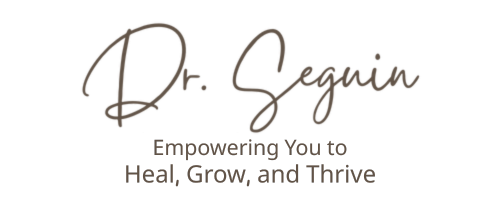Self-compassion can feel like a beautiful idea in theory—something we know we “should” practice. But in real life, it often feels much harder.
You might wonder:
- “Am I just letting myself off the hook?”
- “If I stop being hard on myself, won’t I get lazy or lose control?”
- “How do I even start being kind to myself when I don’t believe I deserve it?”
If any of this sounds familiar, you’re not alone. Self-compassion is a skill—one many of us were never taught. But the good news? It’s never too late to learn.
Self-compassion means treating yourself with the same warmth and understanding you’d offer someone you love.
It’s not about being selfish. It’s not about denying mistakes. And it’s definitely not about toxic positivity or pretending everything’s okay.
It’s about showing up for yourself—even when you’re hurting, ashamed, angry, or afraid—with the message:
“You’re still worthy. You’re still human. You’re still allowed to be here.”
If you grew up in an environment where love was conditional—based on achievement, perfection, or keeping the peace—you probably learned that being hard on yourself was “motivating” or even “necessary.”
Over time, these messages become a harsh inner critic. And that critic might have helped you survive—by pushing you to be better, quieter, stronger, more invisible.
But survival mode isn’t meant to be permanent. And self-compassion is what helps you shift from surviving to actually living.
Self-compassion includes:
1. Self-kindness: being warm toward yourself when you’re suffering.
2. Common humanity: remembering that suffering is part of being human.
3. Mindfulness: meeting your pain with presence, not judgment.
Ways to practice self-compassion:
1. Notice your inner voice — would you talk to a friend this way?
2. Separate the critic from your core self.
3. Write yourself a compassionate letter.
4. Use physical comfort (like placing your hand over your heart).
5. Let go of perfection—practice, not perfection, is what counts.
You don’t have to earn your own kindness. You are already enough—exactly as you are. And every time you choose kindness over criticism, even for a moment, you’re creating new pathways in your brain, your body, and your life.
That is healing. That is bravery. That is love in its truest form.
